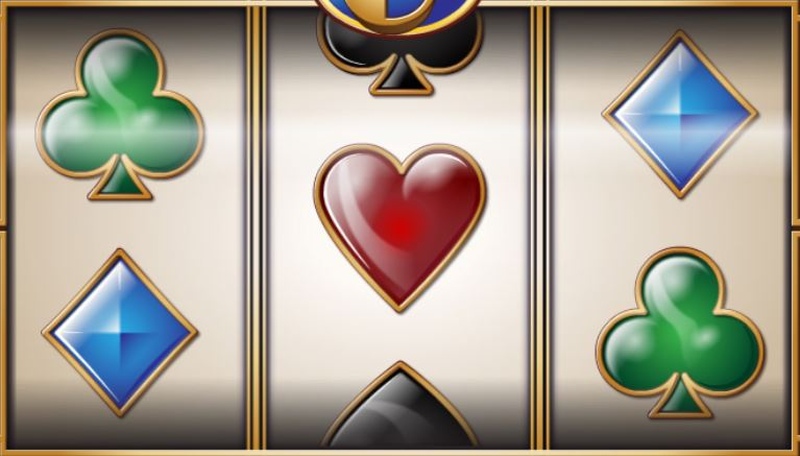For some players, the way slot games work is a bit of a mystery. Slots are entertaining, unique and can be very rewarding, especially progressive jackpot slots. Although regular slots and progressive slots work the same way, the latter come with a continually growing jackpot that can change your life as it currently is. So how do you beat the odds and overcome the limit set by the return to player (RTP) percentage? When it comes to interaction with the outcome of the spin, players have little to none.

It is most important when you are taking advantage of a bonus. This is because you are playing lots of spins to free up the cash. This can mean hundreds or even thousands of spins. If we look at a slot with a 96% RTP what does a change to 94% mean? It means a large reduction in value. The more spins you play, the bigger the difference. The RTP rate is something that is calculated to ensure that you’re getting the exact details about it. So, come with us at Lets Play Slots to see what it’s all about and how you can use it to learn more about a slot.
Or do they?
Before we delve deep into the rabbit hole here are few terms you should take note of. You must have a clear understanding of these in order to grasp the idea behind this approach.
Rtp Slots Meaning Dictionary
- Return to Player or in short, RTP– The theoretical amount of money the slot will/needs to return to the players, by players meaning back to the public, not an individual. It’s expressed in percentages (%). RTP is the number that ensures a profit on the casino operator’s end. If this parameter didn't exist, there wouldn't have been any online casinos.
- Hit Rate– The frequency of spins that end up with a win. The size of the prize is irrelevant, hit rate tracks only the frequency of winning outcomes. Hit Rate is also expressed in percentages (%). It determines how fun the game is in the eyes of the player if we strip the game off of the flashy symbols and unique bonus features.
- Returns - The money you have at your disposal once you stop playing. If you've made a profit, you have returns. If you've neither won nor lost, you're at the point of breakeven. Breaking even is good enough for us, but when the balance is positive and higher than the starting one, now that's what you're looking for.